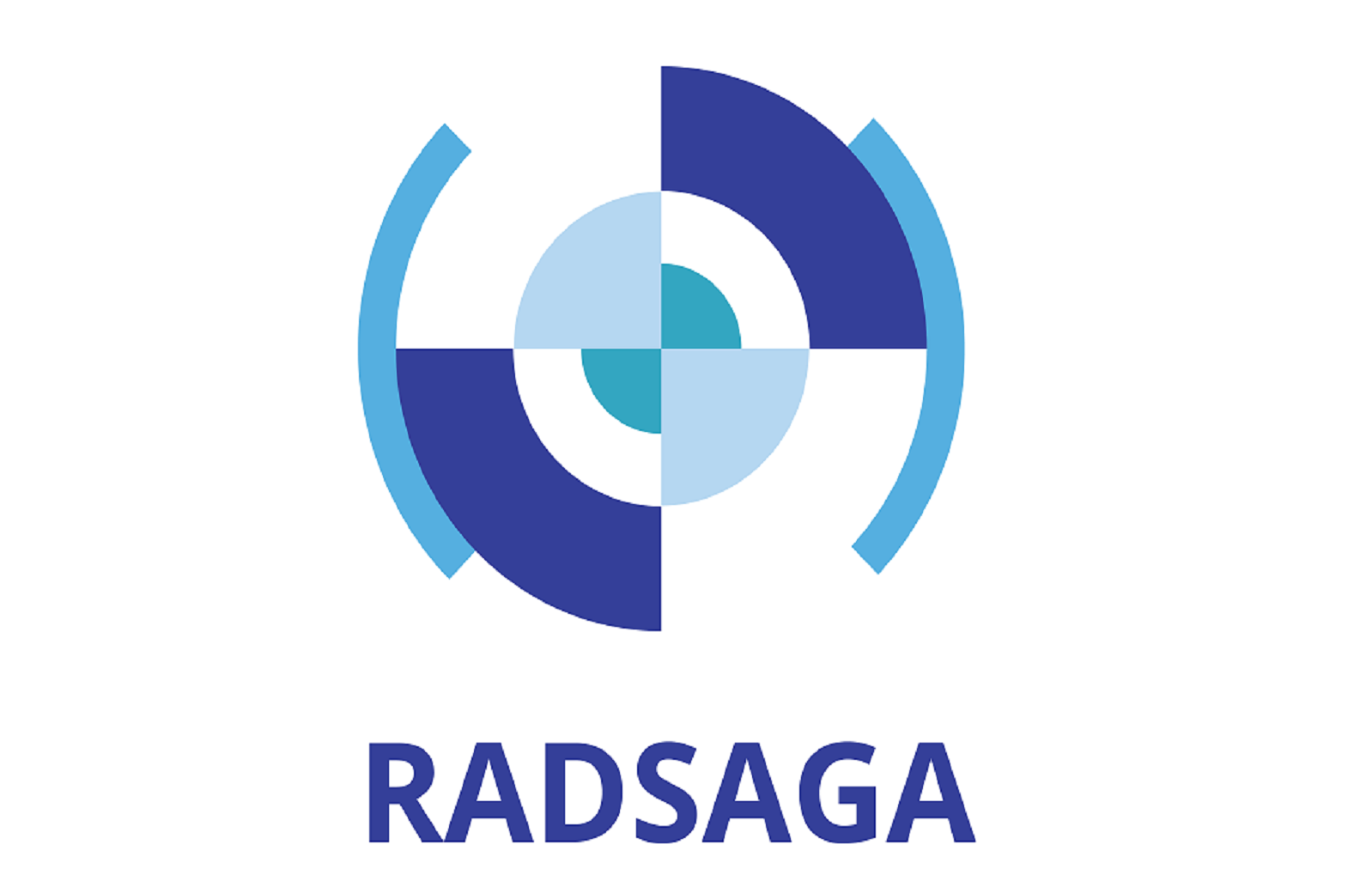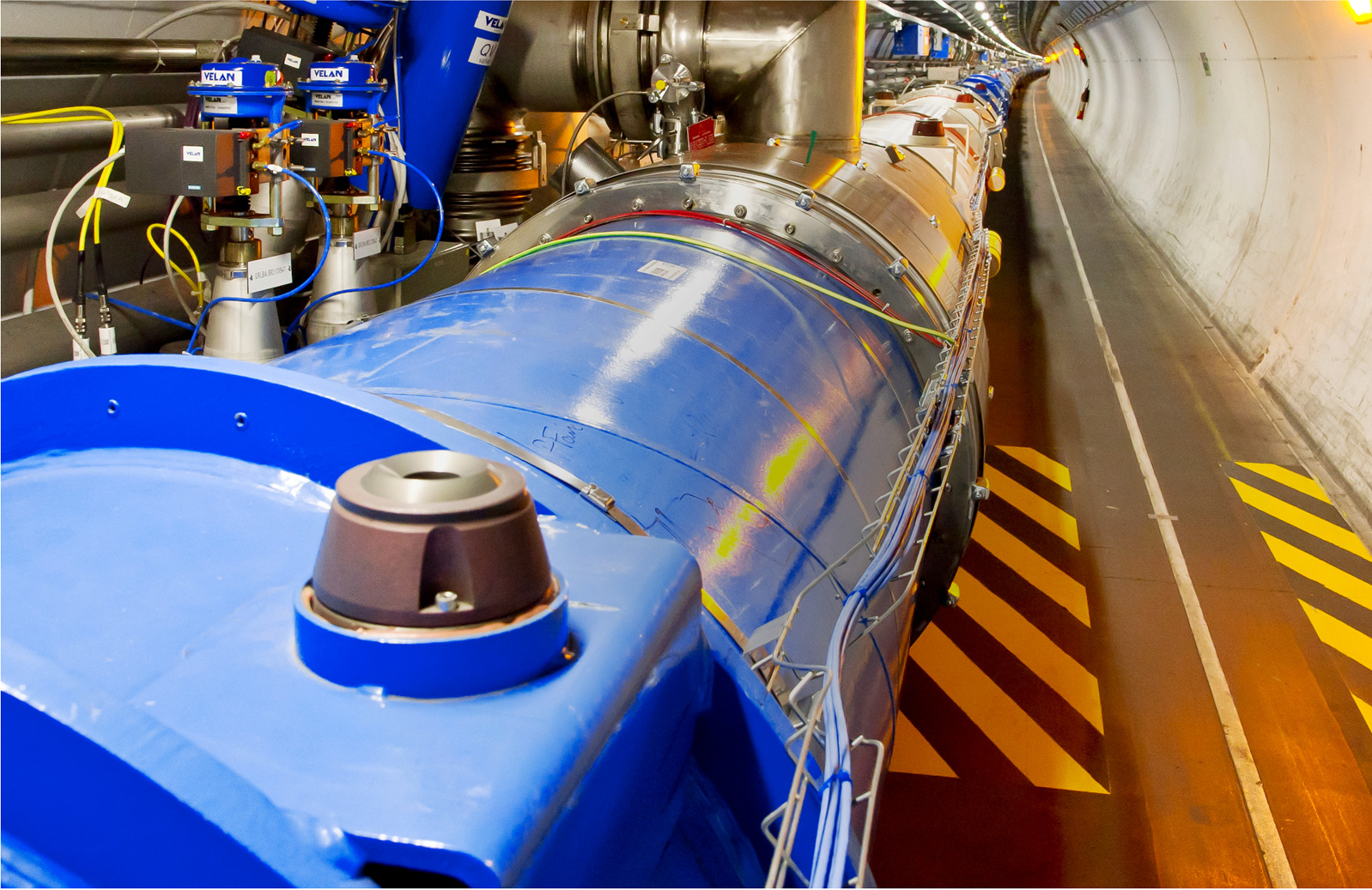Short abstract:
Driven by long-term reliability concerns and the coupling to intrinsic degradation mechanisms, this study will investigate and quantify the impact of ageing on the radiation susceptibility of complex integrated circuits in sub-65nm technologies. Key components of an application-representative on-board computing system will be selected in connection with WP3 and their susceptibility to radiation effects will be individually tested at different steps of accelerated ageing. Developed models will be linked to prediction tools from the other projects of WP2. The impact of coupled constraints on ICs’ end-of-life reliability will be estimated for different environments. The results will be confronted to system-level results from WP3 in order to validate the system-level testing approach and will contribute to improve the overall understanding of degradation mechanisms in components which will be ubiquitous in the electronic systems of the future.
Long abstract:
The long-term reliability of recent CMOS technologies is impacted by different intrinsic degradation mechanisms that progressively alter their electrical characteristics (BTI, TDDB...). Those mechanisms exhibit significant dispersions related to the process details and variability, and due to the variety of mission profiles at gate-level. The parametric evolution induced by those mechanisms constitutes a reliability risk, both directly, by compromising the electronic functions, and indirectly, by weakening the circuit robustness to external perturbations like radiation. To date, radiation testing standards are based on fresh devices characterization. In this project, the impact of ageing on the radiation susceptibility of complex integrated circuits in sub-65nm technologies will be investigated. Key components of an application-representative on-board computing system will be selected in connection with WP3 and their susceptibility to radiation effects will be individually tested at different steps of accelerated ageing. Specific test procedures will be optimized for each type of component in order to be representative of different mission profiles in terms of electrical and thermal workload. Dynamic models of the components robustness to radiation effects will be developed, taking into account the intrinsic performance degradation, and calibrated based on experimental campaigns. Those models will then be linked to prediction tools from the other projects of WP2. The impact of coupled constraints on ICs end-of-life reliability will be estimated for different environments. The results will be confronted to system-level results from WP3 in order to validate the system-level testing approach.
Deliverable & Milestones Lists:
- Methodology for component-level testing for coupled radiation and ageing constraints in digital ICs
- Comprehensive set of coupled constraints test results on different type of complex components (microprocessor, FPGA, memories)
- Calibrated models integrated into prediction tools to study the impact of coupled constraints at component level
Beneficiary:
KU Leuven
Supervisor:
Prof. Paul Leroux (KU Leuven)
Co-supervisor:
Prof. Vincent Pouget (University of Montpellier)
Planned secondments:
[total: 8 months]: UM (Dr V. Pouget, Dr J. Boch): [6m] Mechanisms, technology and test setups JYU (Dr H. Kettunen): [2m] For proton and heavy ion testing
Position has been appointed to Mohamed Mounir. Click here for Profile.




